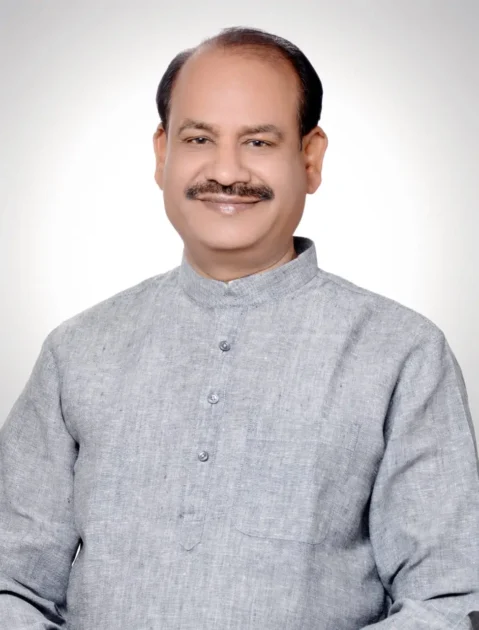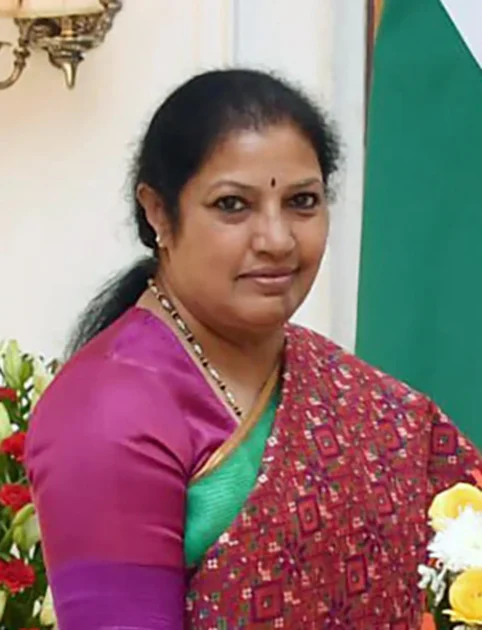The 18th Lok Sabha is preparing for a significant event—the Lok Sabha Speaker Election. This important process will take place on June 26, 2024, during a special session of Parliament. The election of the Speaker is a key event in India’s parliamentary democracy, ensuring that the legislative process runs smoothly and fairly. Here’s an in-depth look at the upcoming election and its implications.
Context
The Lok Sabha, the lower house of India’s Parliament, plays a crucial role in the country’s legislative framework. It consists of Members of Parliament (MPs) who are elected by the people of India. The Lok Sabha is responsible for passing laws, debating important issues, and overseeing the work of the government.
The Speaker of the Lok Sabha is one of the highest constitutional offices in India. The Speaker presides over the sessions of the Lok Sabha, ensuring that the proceedings are conducted in an orderly manner. They are responsible for maintaining discipline and decorum in the House, facilitating discussions, and making important procedural decisions.
Lok Sabha Speaker Election Process
The process for Lok Sabha Speaker Election is a well-structured and significant procedure:
- Assembly of MPs: On June 26, 2024, newly elected MPs will gather in the Central Hall of Parliament. This marks the beginning of the special session dedicated to electing the Speaker.
- Role of Pro Tem Speaker: Before the election of the Speaker, a Pro Tem Speaker is appointed. The Pro Tem Speaker is usually the senior-most member of the Lok Sabha, and their role is to administer the oath to the new MPs and conduct the election of the Speaker.
- Nomination of Candidates: Various political parties nominate their candidates for the position of Speaker. The Speaker’s role is non-partisan, and the nominated candidates are usually respected figures who can command the confidence of the House across party lines.
- Voting Process: MPs cast their votes in a secret ballot. The candidate who receives the majority of votes is declared the Speaker. This process ensures that the Speaker has the support of the majority of the House, which is essential for their role.
Probable Candidates
At present, two notable candidates are being discussed for the position of Lok Sabha Speaker:
Om Birla:

- Om Birla served as the Speaker of the Lok Sabha during PM Modi’s third term.
- There is a strong likelihood that he may continue in the same role.
Daggubati Purandeswari:

- Daggubati Purandeswari is also considered a frontrunner for the Lok Sabha Speaker post.
- Her name has emerged in media reports as a potential candidate.
The final decision will be made during the Lok Sabha Speaker Election scheduled for June 26, 2024. The candidates for the Speaker’s position come from different political parties. While the Speaker is expected to be non-partisan, they are often members of the ruling party or coalition. However, it is crucial that the Speaker commands respect from all sides of the House to effectively manage the proceedings.
Role of the Speaker
The Speaker of the Lok Sabha has several important responsibilities:
- Presiding over Sessions: The Speaker presides over the sessions of the Lok Sabha, ensuring that debates are conducted in an orderly manner.
- Maintaining Order: The Speaker has the authority to maintain discipline in the House. They can take disciplinary action against MPs who disrupt the proceedings.
- Deciding on Points of Order: The Speaker decides on points of order raised by MPs, ensuring that parliamentary procedures are followed correctly.
- Recognizing MPs to Speak: The Speaker decides who gets to speak during debates, ensuring that all voices are heard.
- Casting Vote: In case of a tie during voting, the Speaker casts the deciding vote. This is known as the casting vote and is used to break deadlocks.
Historical Significance
The position of Lok Sabha Speaker has a rich history, with several prominent figures having served in this role:
- Ganesh Vasudev Mavalankar: The first Speaker of independent India, serving from 1952 to 1956, played a foundational role in establishing parliamentary procedures.
- Somnath Chatterjee: Known for his impartiality and strong leadership, he served as Speaker from 2004 to 2009.
- Meira Kumar: The first woman Speaker of the Lok Sabha, serving from 2009 to 2014, she was known for her emphasis on inclusivity and fairness.
- Sumitra Mahajan: Serving from 2014 to 2019, she was appreciated for her efforts to modernize parliamentary practices and promote constructive debate.
Expectations
The Lok Sabha Speaker Election comes with several expectations:
- Upholding Democratic Values: The Speaker is expected to uphold the democratic values of impartiality and transparency. They must ensure that all MPs have the opportunity to participate in debates and that the proceedings are conducted fairly.
- Ensuring Smooth Functioning: The Speaker plays a crucial role in ensuring the smooth functioning of the Lok Sabha. They must manage the legislative process efficiently and address any disruptions promptly.
- Facilitating Debates and Discussions: The Speaker should facilitate meaningful debates and discussions on important issues. They must recognize MPs to speak, ensuring that all viewpoints are considered.
- Maintaining Decorum: Maintaining decorum in the House is one of the Speaker’s primary responsibilities. They must take necessary actions to maintain discipline and prevent disruptions.
Conclusion
The Lok Sabha Speaker Election on June 26, 2024, is a momentous event that will shape the functioning of India’s parliamentary democracy. The Speaker’s role is critical in ensuring that the legislative process runs smoothly, debates are conducted fairly, and democratic values are upheld. As the 18th Lok Sabha begins its session, all eyes will be on the election of the new Speaker and the subsequent proceedings.
The new Speaker will have the responsibility to guide the House through important legislative processes, address pressing national issues, and ensure that the voices of all MPs are heard. The election process itself, involving nomination, voting, and selection, reflects the democratic principles that underpin India’s parliamentary system.
As we await the outcome of the Speaker’s election, it is essential to recognize the significance of this role in India’s democracy. The Speaker not only presides over the Lok Sabha but also represents the integrity and impartiality of the parliamentary process. Their leadership will be crucial in navigating the complexities of governance and ensuring that the Lok Sabha functions as an effective and representative body.










